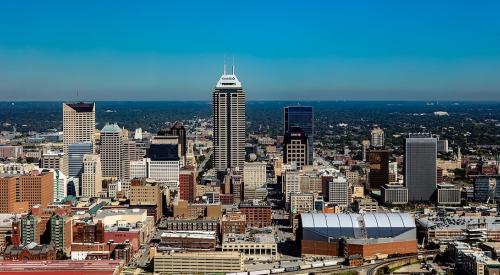Many urbanists have argued that building more housing will help ease the nation's affordability crunch. A forthcoming paper argues that city economies, rather than housing supply, are at the heart of growing spatial inequality.
Report author Michael Storper tells Planning Report, “Housing is an area where the law of unintended consequences is most powerful,” adding, “The idea that upzoning will cause housing affordability to trickle down within our metropolis, while also setting up Los Angeles and San Francisco as the new golden land for people in less prosperous regions, is just a lot to promise—and it’s based on a narrative of housing as opportunity that is deeply flawed.” Report author Andrés Rodríguez-Pose told CityLab co-founder and editor-at-large Richard Florida via email, “Upzoning is far from the progressive policy tool it has been sold to be. It mainly leads to building high-end housing in desirable locations.”
For Storper and Rodríguez-Pose, the rising spatial inequality between cities and metro areas stems from different kinds of economies that distinguish different kinds of cities, not from differences in housing costs. Or as they put it, “the basic motors of all these features of the economy are the current geography of employment, wages and skills.”
The economies and talent bases of cities have diverged over time. Expensive cities have much larger clusters of leading-edge tech and knowledge industries and of highly educated, skilled talent. It’s this, rather than differences in housing prices, that is behind growing spatial inequality.













